Google’s 3D calls powered by AI: ‘You forget the screen is there’
“Woah,” says Debbie Weinstein, looking at me wide-eyed. I’m sitting opposite the American boss of Google UK, an employer of 7,000, in a small, windowless meeting room in the tech giant’s edgy office near Victoria station in central London.
Except, she is actually sitting in the next room. Like me, her senses are suggesting that we are right in front of each other. But in fact, each of us is sitting in front of a large television screen kitted out with six sophisticated webcams that can sense depth, dimensions and lighting, while also tracking the exact positioning of our eyes.
Think of it as a 3D Zoom call so realistic that you quickly forget the screen is there.
It doesn’t feel like it, but my television is projecting two live stream displays at me — one for my right eye, one for my left — to create a 3D effect. The result is that I am sitting opposite a solid-looking, three-dimensional Weinstein. Spreading her arms out in front of her, she enthusiastically asks: “Are you in the future?”
Welcome to Starline, one of Google’s newest, and as yet unreleased, artificial intelligence products.
Before Weinstein’s arrival, I was introduced to the product by one of her techie colleagues — Starline’s general manager, Andrew Nartker — in Google’s Mountain View HQ in California.
He passed me a shiny, red Californian apple virtually (it failed to materialise in London — they haven’t figured out teleportation yet) and gave me a high-five. Oddly, this did briefly create a warm sensation on my palm when I was anticipating contact (he tells me that “everybody describes that”).
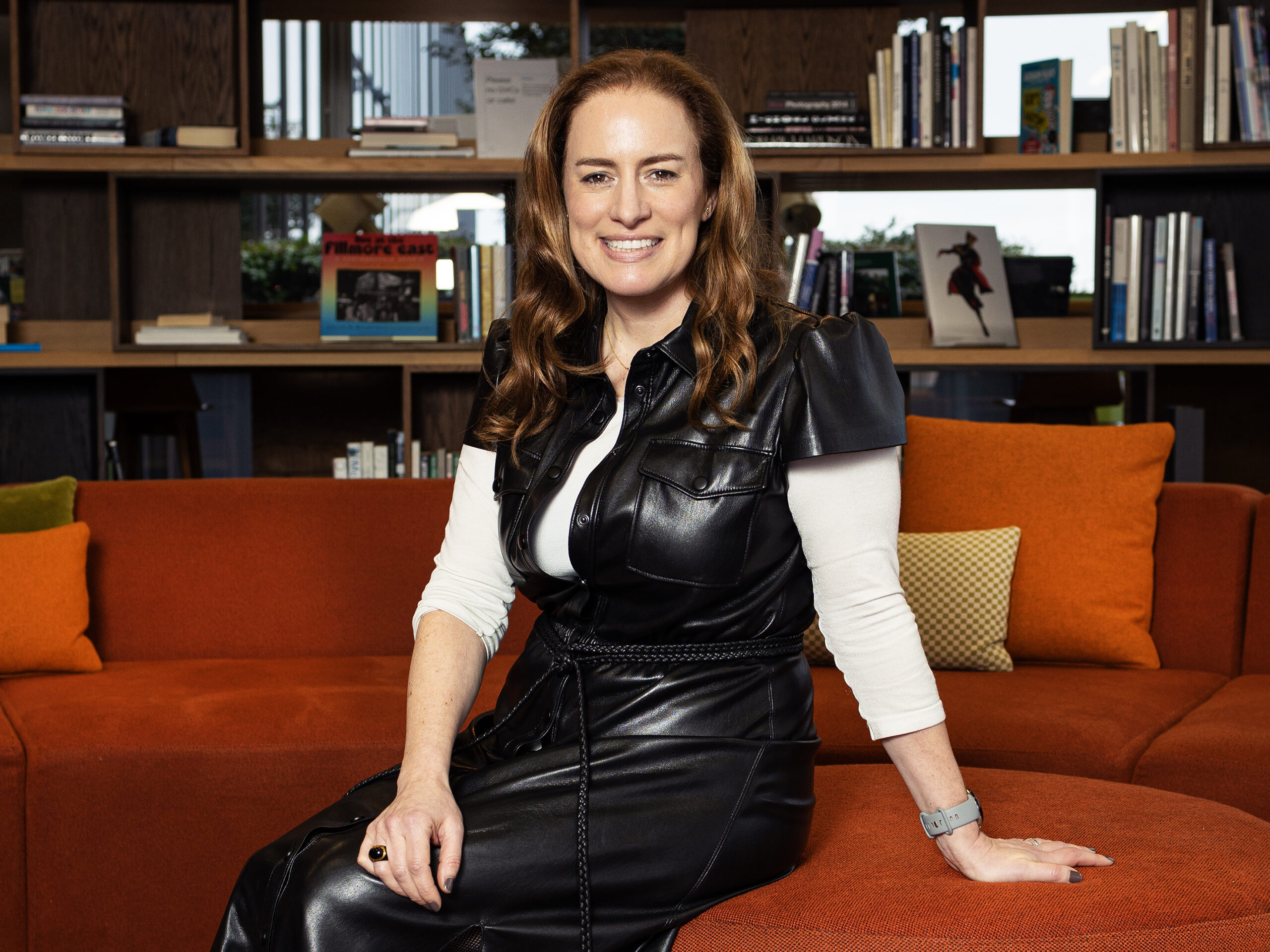
Although there were some glitches — at one point, Nartker’s neck started throbbing violently — it did feel eerily as though we were in the same room. And, truthfully, I didn’t like it. The experience was too intense and left me with a slight headache.
Last week, Google announced that it would be working to take Starline “out of the lab” and into the workplace in 2025, by teaming up with the tech hardware giant HP to “commercialise” it. The plan is that clients will be able to use Starline for their Zoom and Google Meet calls.
Weinstein, who was born in Massachusetts and lived in London for several years of both her childhood and adult life, is officially the managing director of Google UK and Ireland. In practice, she is Google’s ambassador to the UK, aiming to persuade her bosses, such as chief executive Sundar Pichai and Cheshire-born president Ruth Porat, that the UK is a good place to invest.
Google has three big offices in London and has owned DeepMind, a leading, UK-founded AI firm, since 2014. It recently completed a revamp over two floors of its HQ near Tottenham Court Road in central London, and plans to invest $1 billion (£800 million) building a 33-acre data centre in Waltham Cross, Hertfordshire.
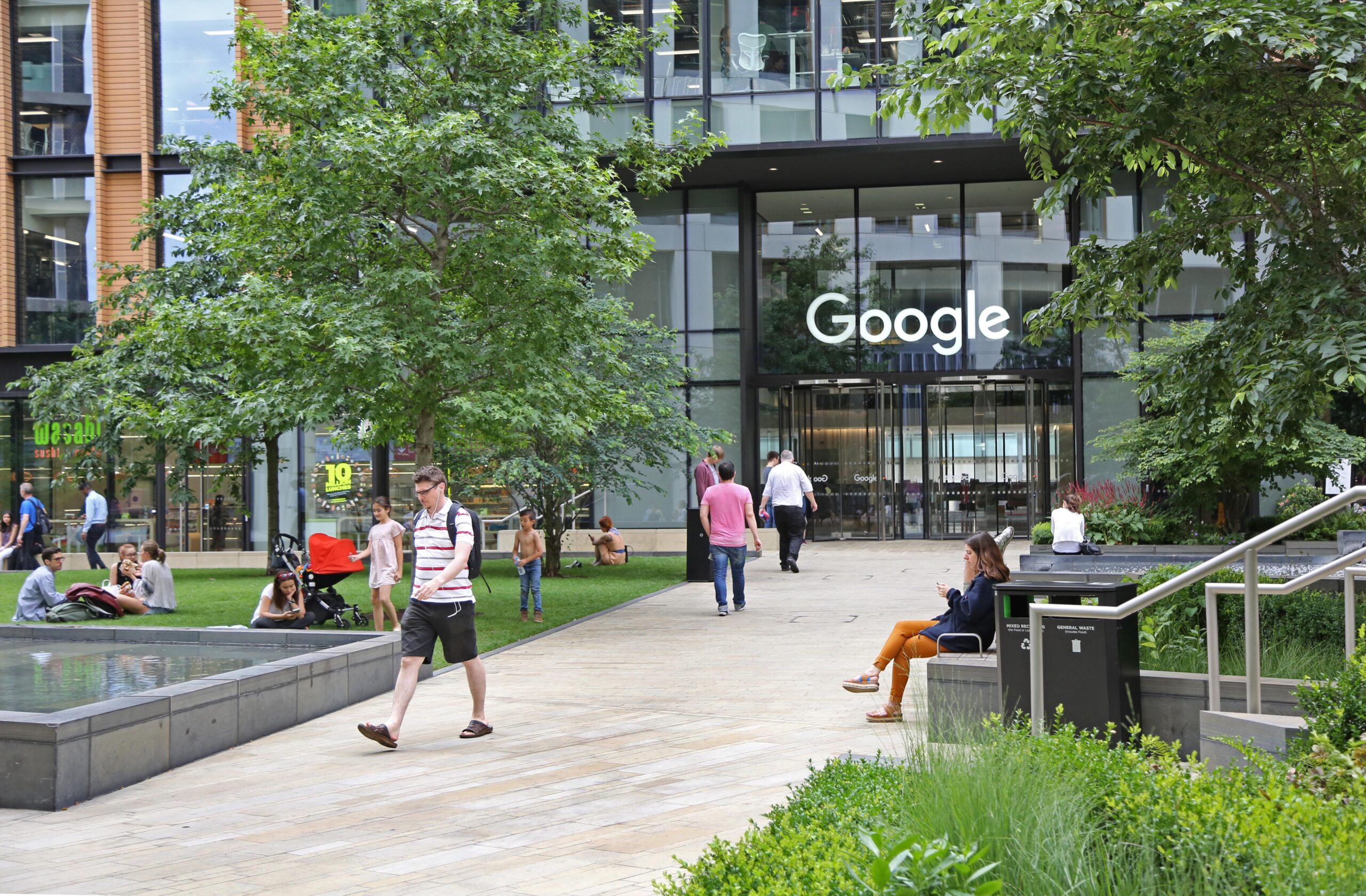
“That took a ton of advocacy,” says Weinstein, who had to persuade “folks like Ruth” to “see the opportunity of the UK — why it’s the right time to invest here”. This looks like no mean feat, given that large companies are generally attracted to political stability. As Weinstein acknowledges, the UK government has had “a number of changes in leadership” (five prime ministers and seven chancellors) over the past eight years.
Britain’s regulatory environment also looks increasingly tough for Google. The company’s global push to phase out third-party cookies — digital trackers that trace a user’s internet activity — on its Chrome web browser has been delayed by the UK’s Competition & Markets Authority, which is concerned about the impact on companies that rely on them for advertising revenue. Then there’s the Online Safety Act, which aims to make the UK the safest place on Earth to use the internet. Soon will follow the Digital Markets, Competition and Consumers Bill, which will impose yet more new rules on tech giants such as Google.
Weinstein, a mother of one who worked for Unilever in London before joining Google in 2014, admits that she does have to work hard to help Google’s leaders wrap “their heads around” the UK’s “regulatory and legal requirements”. And there is still work to be done. “I definitely think that the folks in Mountain View are trying to understand, who is the UK? Who does the UK want to be? What is this as a context in which to have our products and our business operate?”
For now, it seems, Google is willing to stomach the rules and regulations coming out of Westminster. But the country’s approach to regulating AI will probably hold the key to Google’s future investment decisions. Weinstein says that the UK government’s 2023 white paper, setting out its “pro-innovation approach to AI regulation”, was “helpful”.
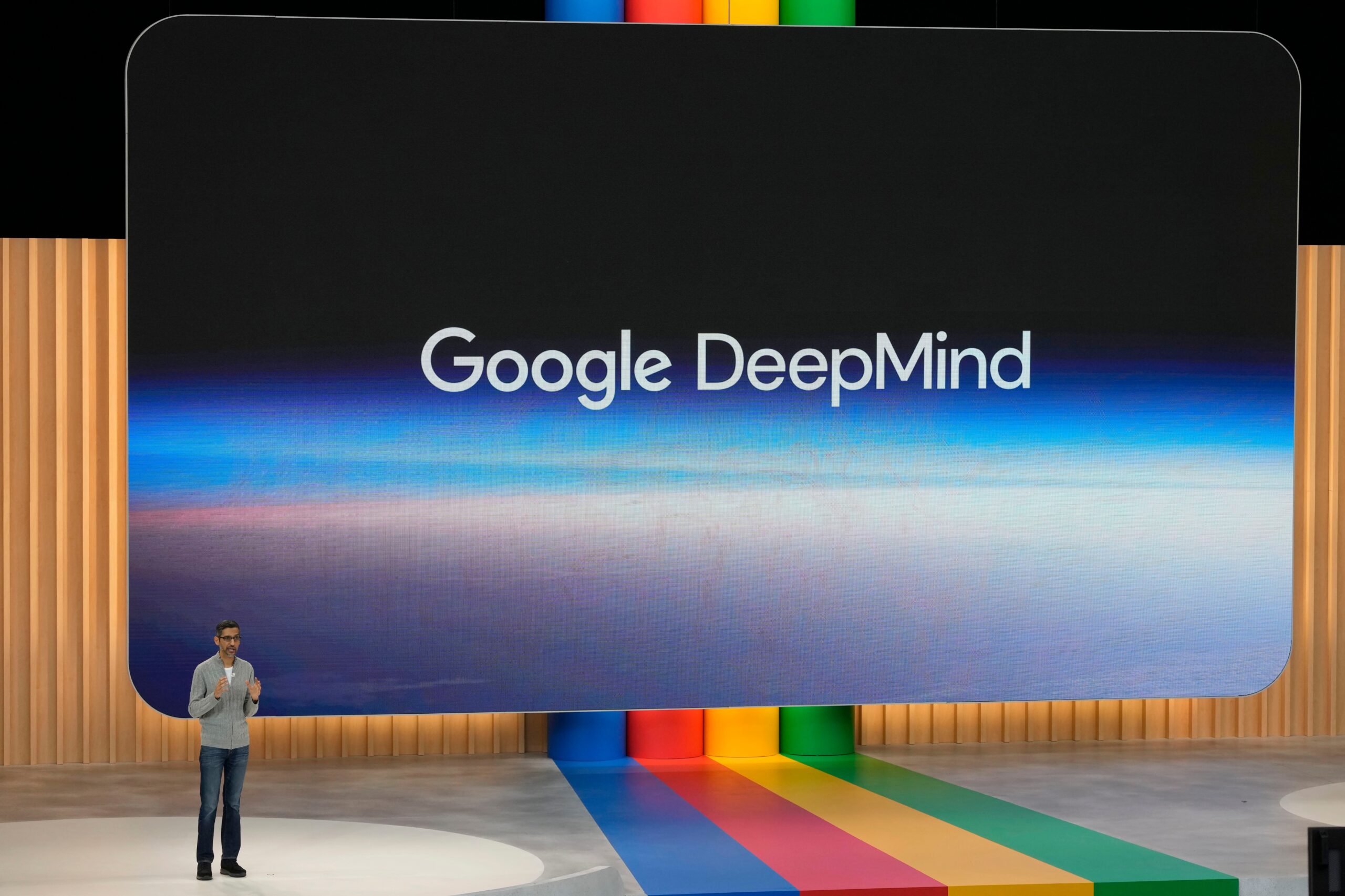
The government, whether in its current form, or led by Labour’s Sir Keir Starmer in the future, will undoubtedly be keen to retain the long-term interest of Google. However, there are simmering questions about Google’s role in the next technological era of AI.
In February, despite its decades of dominance in internet search, the much-hyped launch of Google’s AI bot, Gemini, did not go to plan. Users encountered odd — and sometimes offensive — glitches in the technology. In one case, Gemini’s image tool even generated images of racially diverse Nazis.
But Gemini is just one of many AI tools that have been, or are being, worked up by Google. Indeed, some of DeepMind’s work has been widely praised. But, as the world shifts into a new tech era, Google’s supremacy over the search market appears to be at risk.
Naturally, Weinstein disagrees. “We’re not always getting it right. But we’re owning it when we’re not getting it right,” she says. “I think it’s the most exciting time in the ten years I’ve been here.”
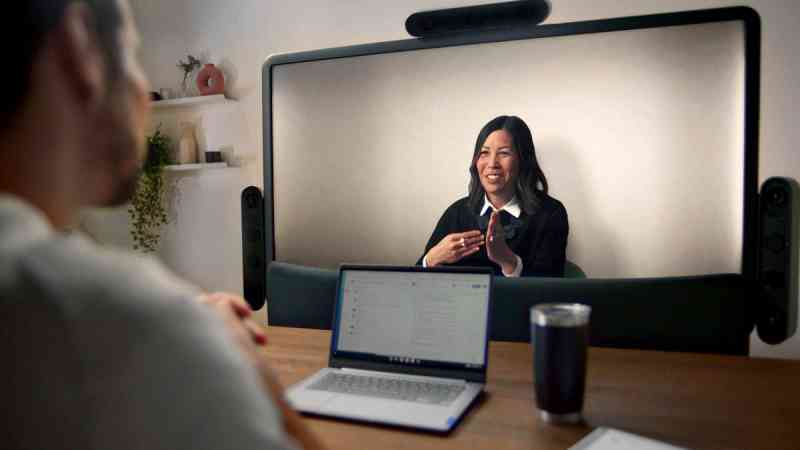

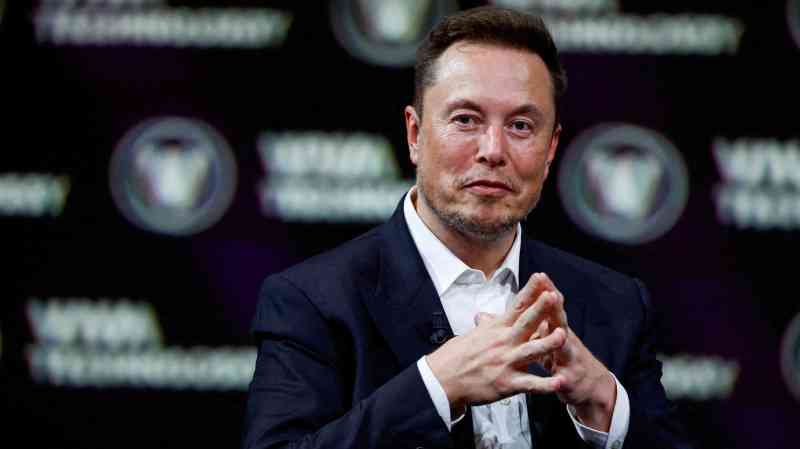

Post Comment